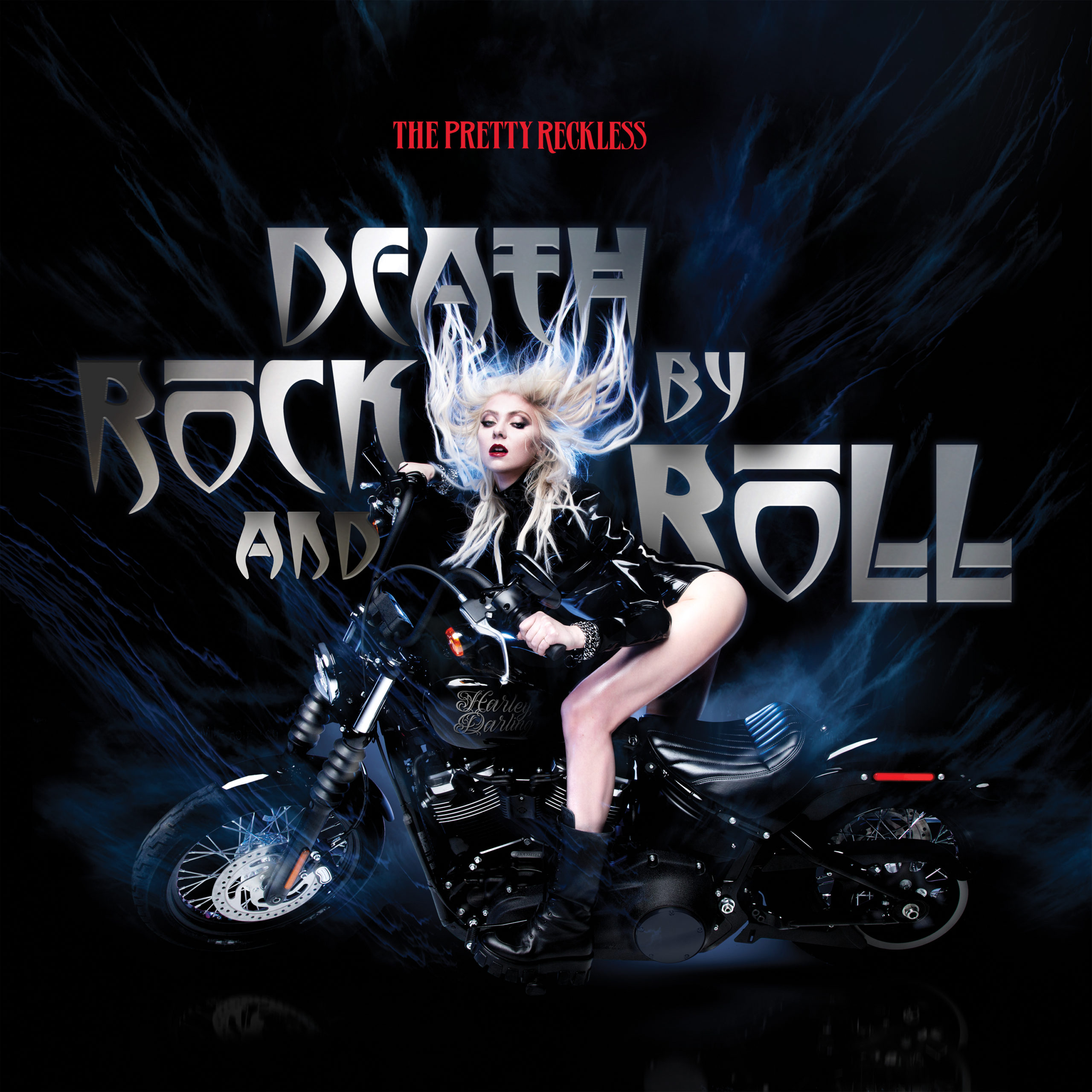

I’ve talked to people at some labels that are aware of this and they’re trying to figure out work-arounds to combat the rising costs.įrom a retail perspective, I am obviously really happy to see young people getting into buying records. We have started to hear comments from customers who think some records are too expensive, and I don’t disagree.

One of the things that concerns me about vinyl sales, though, is the increase in prices. There are still people coming in the shops that have just purchased a turntable for the first time and are looking to start building a collection. Vinyl sales have been really strong for Reckless over the past few years, and I don’t see any signs of that slowing down. I hate to ask “vinyl resurgence” related questions, but since it’s somewhat unavoidable in your line of work: how has the trend changed your day-to-day? Since you’re a musician, too, how is it affecting the decisions you make as an artist? It might seem unappealing to not be paid up front, but I think just having your record on the shelf at a good store is the best first step. Like many other stores, Reckless stocks records-CDs, LPs, tapes, etc.-on consignment. Simply asking your favorite store if they’ll carry your record is the best way to start. Myself and the other buyers are always on the lookout for new artists, limited-edition pressings, imports and unique items.ĭo you have any tips for artists who want to get their records into stores, but maybe aren’t familiar with navigating the system? But we take pride in stocking everything from, say, the new Beyonce CD to a cassette by an up-and-coming local artist, to a reissue of a mostly unknown African psychedelic rock band or an obscure techno 12″. Our best sellers are primarily indie-centric titles on labels like Matador, Sub Pop, 4AD, Merge, etc. What do you look for when selecting records for inventory?įrom a “new product” perspective, Reckless intentionally stocks a wide variety of music. My days mostly involve listening to and writing about music, placing orders with labels and distributors, receiving and sending emails, setting up promotions and in-store events and social media marketing and promotion. What’s a day in your life as a buyer like? That was in the summer or fall of 1999 and I’ve worked here since then. So when I decided to move here, I reached out to him about getting a job. As a touring musician in the ‘90s I had played shows with Kip McCabe (drummer of the band Dianogah), who worked at Reckless in Chicago. I worked at a store in Pittsburgh called Paul’s CDs (now Sound Cat) in the mid-to-late ’90s. How did you get started, and what was your evolution into this position like? This interview is the first in our “What Can I Help You With?” series, in which we talk to the many different people involved in helping artists bring their music into the world.


We caught up with Jencik to ask him a few questions about the contemporary record industry because of his unique position as as both a buyer and a musician (and, of course, a consumer). His first solo album is due later this year. Jencik has been performing and recording since the early ’90s with bands such as Hurl, Don Caballero, Thee Speaking Canaries and Taking Pictures, as well as playing bass on the 20 Slint reunion tours, guitar and bass for PAPA M from 2009 to 2012 and, most recently, bass and synthesizer for the Circuit Des Yeux live band as well as synth for the Wrekmeister Harmonies live group. He’s also a touring musician his most recent band, Implodes, released two albums on Kranky and one on Gilead Media. Matt Jencik has worked at Reckless since 1999, and is currently the head new music buyer. The venerated independent record store chain has been been around since the late ’80s its three locations throughout the city are renowned for their knowledgeable staff and a selection of LPs, CDs, 45s and DVDs that is both wide and deep. Reckless Records is such a Chicago area institution that its ’90s Wicker Park location was used as the inspiration for the record store set in the movie High Fidelity. “Record stores are still an incredibly vital part of music culture.”-Matt Jencik


 0 kommentar(er)
0 kommentar(er)
